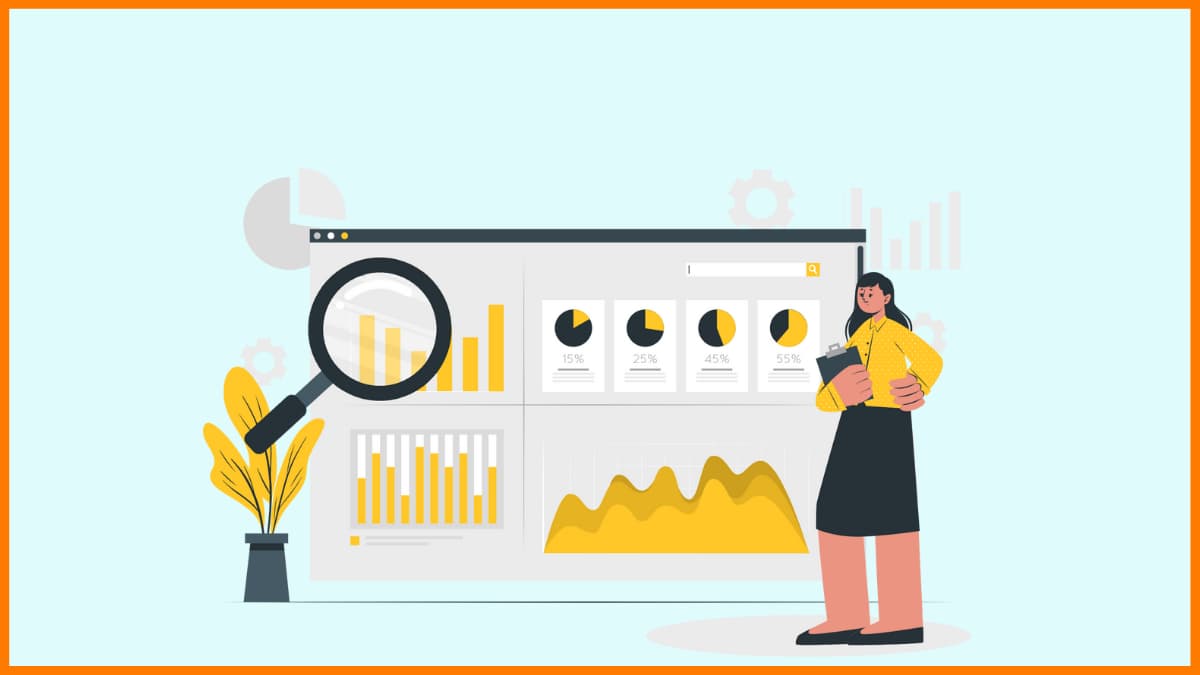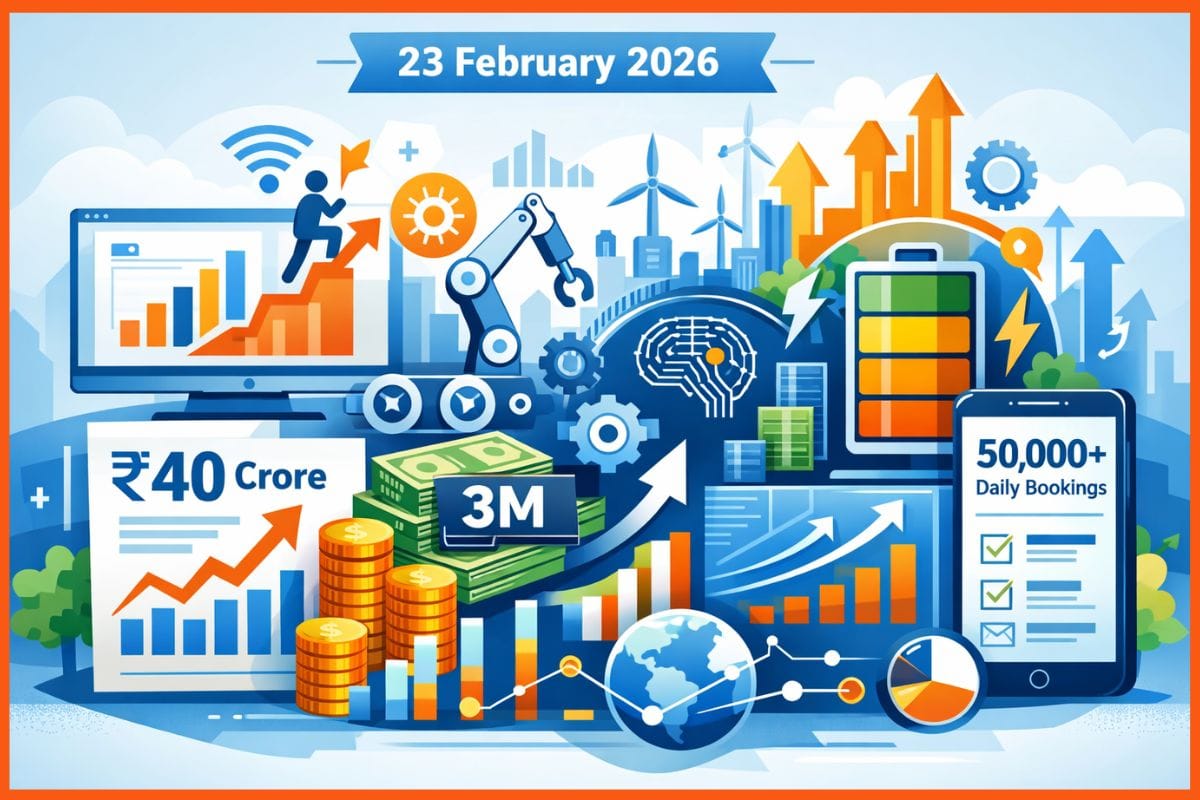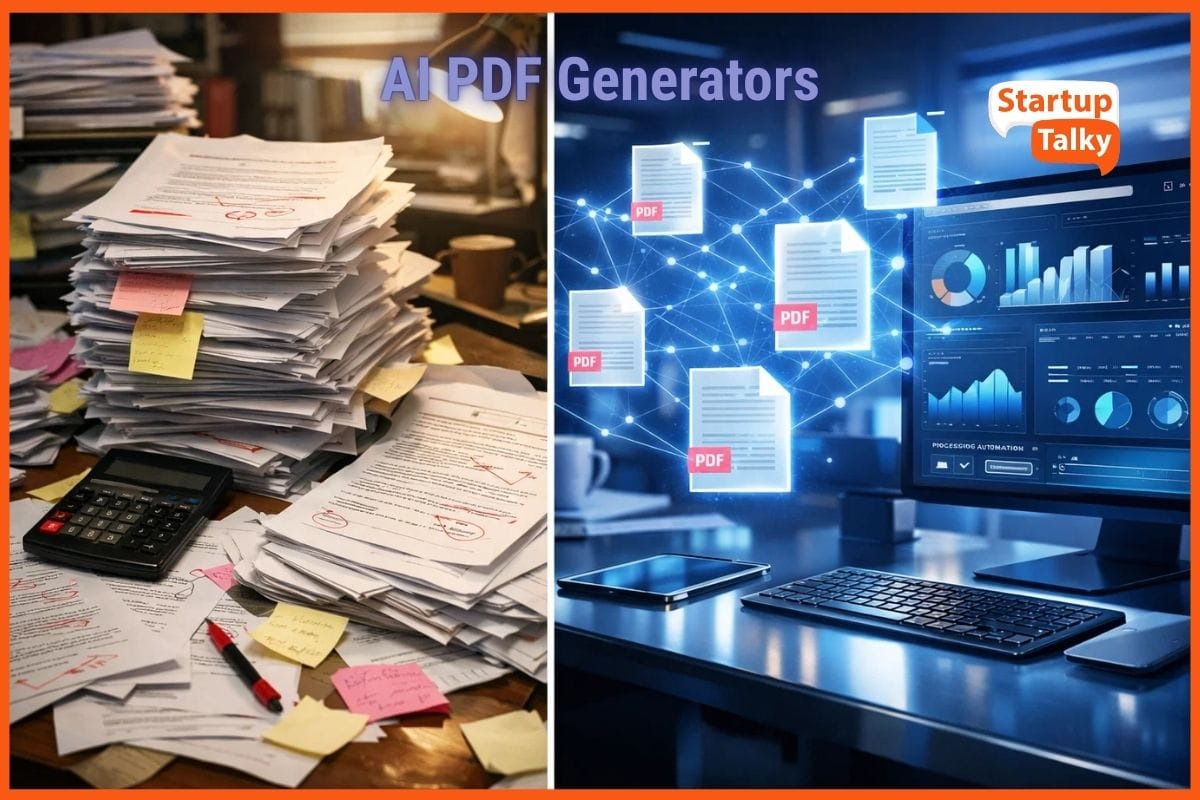The Future of B2B SaaS Sales in a Digital First World
✍️ Opinions
This article has been contributed by Ajay Singh, Co-founder & CEO, Pepsales.
B2B SaaS Sales has undergone tectonic shift due to three factors in the last 2 years - buyer research moving online, macro-economic conditions leading to tighter budgets, and virtual selling fueled by pandemic. Recent advancements in Artificial Intelligence (AI) and Machine Learning can help B2B SaaS companies navigate through these challenges effectively.
Traditional sales methods such as in person presentations, lengthy product demos, and relationship-building are rapidly being transformed by AI. This shift is redefining the way sales teams engage with prospects and close deals. As AI, particularly generative AI (Gen AI), becomes more sophisticated, sales is becoming more personalized and data-driven.
Let’s explore how AI is reshaping B2B SaaS sales, focusing on key trends, buyer behavior, and what the future holds for sales teams.
The Evolving Landscape of B2B SaaS Sales
The B2B SaaS sales function has undergone significant changes over the past few years. Historically, sales teams relied on generic demos and broad, high-level presentations to engage buyers. However, today’s buyers are more informed and have increasingly complex needs.
Key Shifts in Buyer Expectations:
- Informed Buyers: Over 70% of buyer research is completed before they engage with a sales team, as per Gartner.
- Personalized Interactions: Buyers expect tailored interactions from the first contact. A HubSpot survey revealed that many buyers now expect product demos in the very first meeting with a sales team.
These shifts present both challenges and opportunities. The challenge lies in providing tailored, relevant content at every stage of the sales process, but the opportunity comes with the tools available to make this happen—enter AI.
How AI Enhances Personalization in B2B SaaS Sales

AI’s potential lies in its ability to automate and personalize various aspects of the sales process. It can analyze vast datasets, such as customer interactions, CRM data, and market trends, and provide actionable insights in real-time.
How AI Drives Personalization:
- Automated Demo Creation: AI tools can automatically create personalized product demos tailored to the buyer’s specific needs.
- Tailored Recommendations: By leveraging machine learning models, AI can recommend relevant features or use cases based on buyer behavior.
- Predictive Insights: AI can predict buyer behavior, helping sales teams engage more effectively at every touchpoint.
Generative AI tools, specifically, have proven to be a game-changer by creating live, tailored demos in just a few clicks. These tools eliminate the need for time-consuming manual edits, allowing sales teams to focus on delivering more impactful demos that resonate with buyers.
Benefits of AI-Driven Personalization:
- Reduced Time to Personalize: AI tools cut down demo preparation time from hours or days to minutes.
- Scalability: Sales teams can handle more opportunities simultaneously while maintaining a high level of personalization.
- Higher Engagement: Personalized demos and interactions lead to stronger buyer engagement and shorter sales cycles.

The Shift in Buyer Behavior
Buyers today are entering conversations with sales teams later in the process, armed with more advanced, technical questions. They expect sales teams to act not just as relationship builders, but as consultants with in-depth knowledge of the product and industry.
Key Changes in Buyer Behavior:
- Deeper Engagement from the Start: Buyers are looking for meaningful, technical discussions right from the first meeting.
- Higher Expectations: Buyers now expect sales teams to offer personalized solutions rather than generic pitches.
This shift in buyer behavior requires sales teams to be more agile, offering solutions that are highly customized and data-driven. AI plays a critical role here by providing sales teams with the insights needed to manage these complex conversations and deliver tailored solutions on the fly.
The Impact of AI-Powered Demos on Sales Productivity
One of the key advantages of AI-powered demos is the boost in sales productivity. Sales teams often face the dilemma of needing to personalize demos for numerous prospects while also closing deals and managing their pipeline. The traditional process of creating demos can take anywhere from hours to several days, depending on the complexity of the product and the prospect’s needs.
How AI Enhances Productivity:
- Reduced Prep Time: AI reduces demo preparation time from days to minutes, allowing sales teams to focus on higher-priority tasks.
- Increased Capacity: Sales teams can manage more leads at once, increasing the number of personalized demos they can deliver.
- Consistent Quality: AI ensures that every demo is consistent in quality and customization, reducing errors and ensuring that key features are highlighted every time.
With AI, sales teams no longer have to rely on engineers or product specialists to customize demos, freeing up valuable resources and enabling faster response times to buyer inquiries. This results in more demos being delivered, a higher level of personalization, and ultimately, more closed deals.
The Future of B2B SaaS Sales: AI at the Center
As AI tools become more advanced, the B2B SaaS sales landscape will continue to evolve. Sales teams will increasingly rely on AI to not only personalize demos but also optimize their sales strategies and predict customer needs.
Key Future Trends:
- AI-Driven Sales Strategies: Sales teams will use AI to refine messaging, tailor engagements, and offer predictive insights into buyer behavior.
- Evolving Sales Metrics: Traditional sales metrics, like demo completion rates, will be replaced with more meaningful measures of buyer engagement and impact.
The potential for AI to transform sales operations is massive. According to Gartner, over 70% of sales leaders are exploring ways to integrate AI into their processes. For companies willing to embrace this shift, the rewards include increased win rates, shorter sales cycles, and more meaningful interactions with buyers.
Conclusion
AI is driving a paradigm shift in B2B SaaS sales, enabling sales teams to move away from generic interactions toward more personalized, impactful engagements. With buyers expecting more advanced, tailored interactions from the outset, AI provides the tools to deliver precisely that.
In this evolving landscape, companies that leverage AI to automate personalization, enhance buyer engagement, and refine their sales strategies will stand out from the competition. For B2B SaaS sales teams, the future lies in AI-driven solutions that not only improve efficiency but also help deliver a 10X experience for buyers.
In short, AI is not just transforming the future of B2B SaaS sales—it is becoming the backbone of it.

Must have tools for startups - Recommended by StartupTalky
- Convert Visitors into Leads- SeizeLead
- Website Builder SquareSpace
- Run your business Smoothly Systeme.io
- Stock Images Shutterstock






